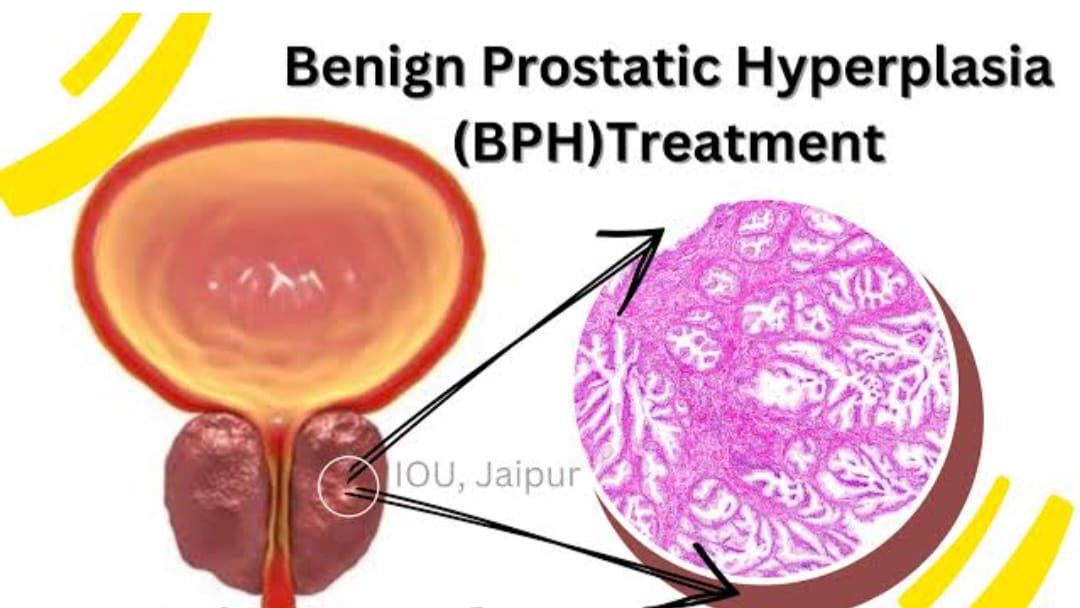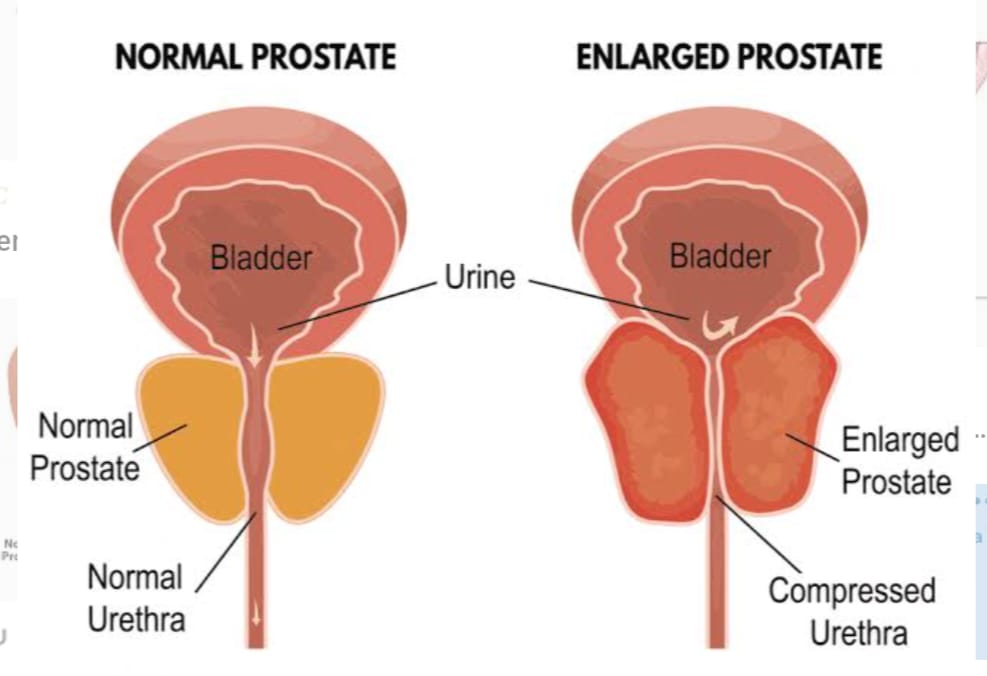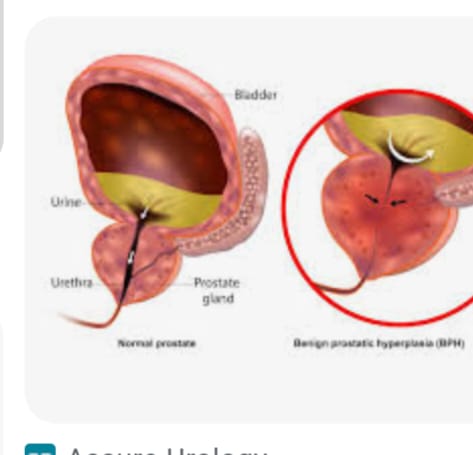Benign Prostatic Hyperplasia (BPH)
Benign prostatic hyperplasia (also called BPH) is a condition that affects the prostate gland in men. The prostate is a gland found between the bladder and the urethra.
As men age, the prostate gland slowly grows bigger and it may press on the urethra and cause the flow of urine to be slower and less forceful. "Benign" means the enlargement is not caused by cancer or infection. "Hyperplasia" means enlargement.
Common symptoms of an enlarged prostate:
1. Urinary frequency (especially at night)
2. Urinary urgency
3. Decreased force of stream
4. Difficulty in starting to pass urine
5. Sensation of incomplete emptying
6. Dribbling of urine especially at the end of the stream.
7. Burning on urination; chills and fever whenever infection has set in.
8. Overflow incontinence or total retention.
Causes Of BPH: -
It is still uncertain as to what causes BPH, but it may be linked to changes in hormone levels caused by the ageing process.
Treatment: -
Homeopathy is a safe and natural alternative and plays a vital role in reducing the size of the prostate if administered timely.
Homoeopathic remedies having anti-tumor properties are prescribed.
- The prescribed remedy helps in: reducing the size of the enlarged Prostate, counteracts infection in the urinary tract and improves sphincter control.
- The treatment outcome does depend on the extent of prostatic hypertrophy. Individuals experiencing mild symptoms with marginal hypertrophy experience greater relief as compared to chronic, advanced cases with severe retention.



